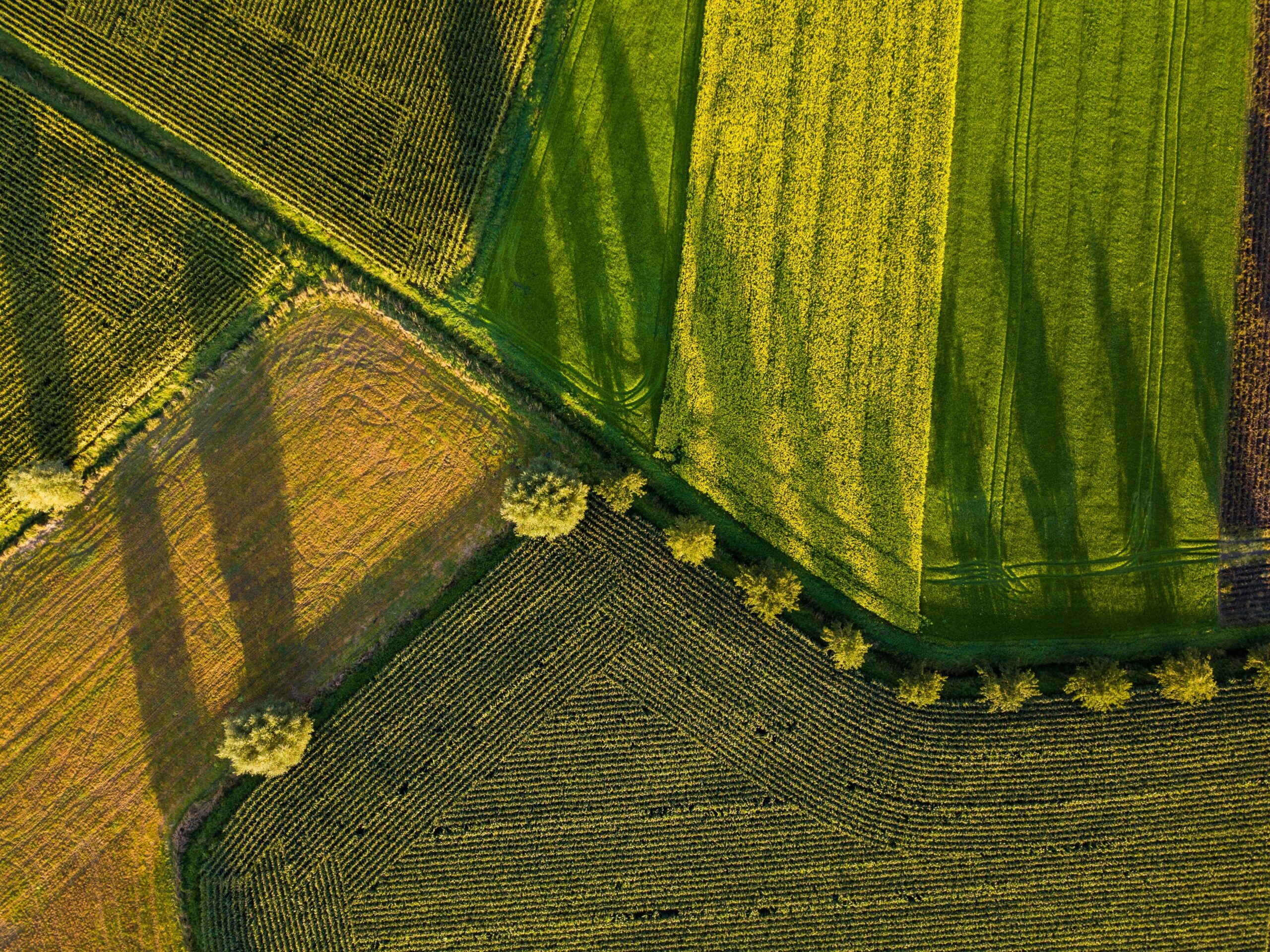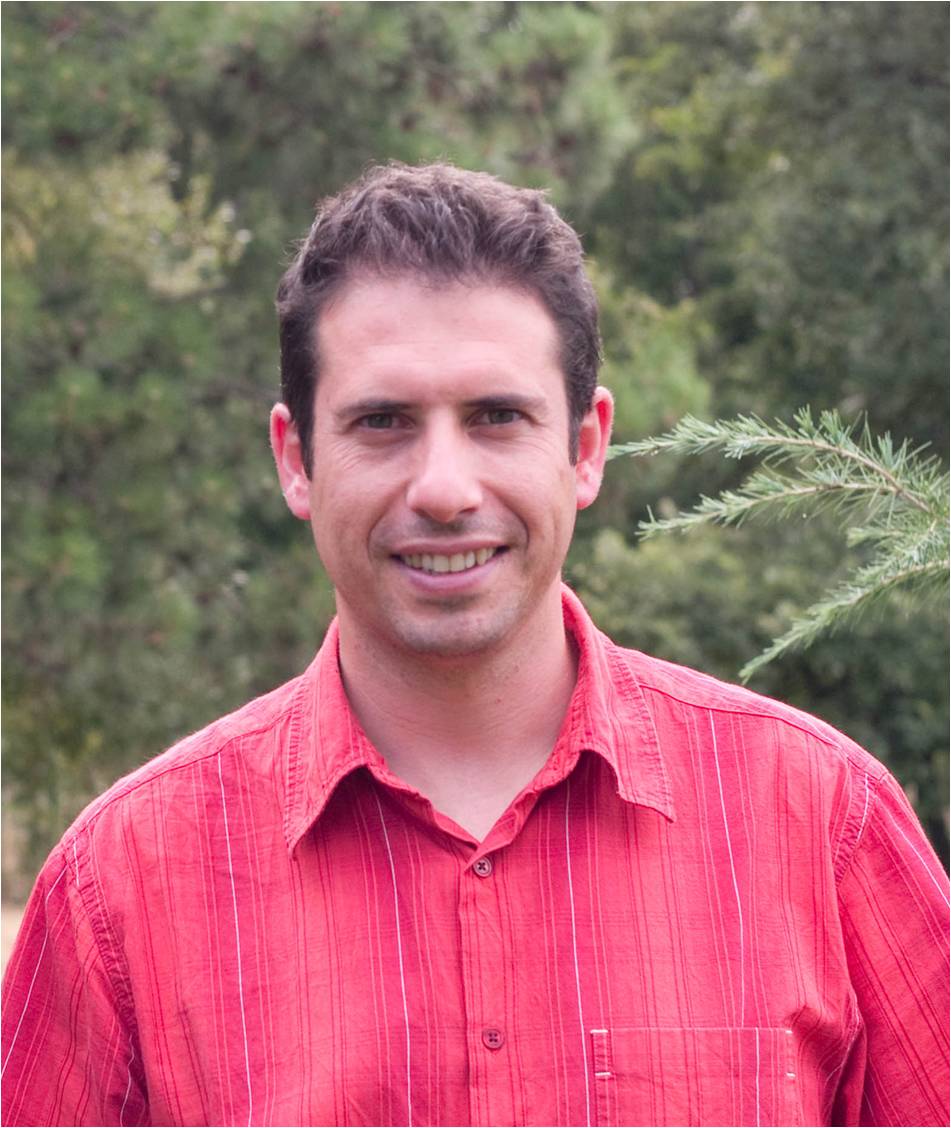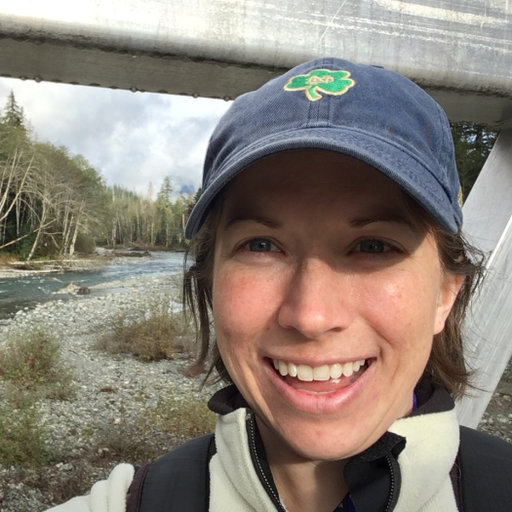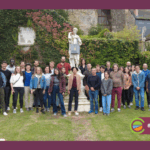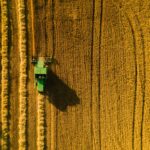Agenda
 Imprimer l’agenda
Imprimer l’agenda
| 13h00 | Welcome |
| 13h15 | What is the impact of farming event on albedo at site scale? |
| 13h45 | Analysis of the biogeochemical and biogeophysical effects of cropland management changes to prioritize actions in a perspective of climate change mitigation |
| 14h15 | Conservation Agriculture: Global spatial distribution and implications for land-based climate change mitigation and adaptation |
| 14h45 | Break |
| 15h00 | Data-driven approach for assessing the productive performance of conservation agriculture |
| 15h30 | Assessing yield impacts of conservation agriculture with satellite data |
| 16h00 | Impact of albedo change on the climate benefit of conservation agriculture in sub-humid Zimbabwe |
| 16h30 | Scrutinizing the Feasibility of Terrestrial CDR Potentials under Socio-Ecological Constraints (STEPSEC) |
| 17h00 | Workshop wrap-up |


